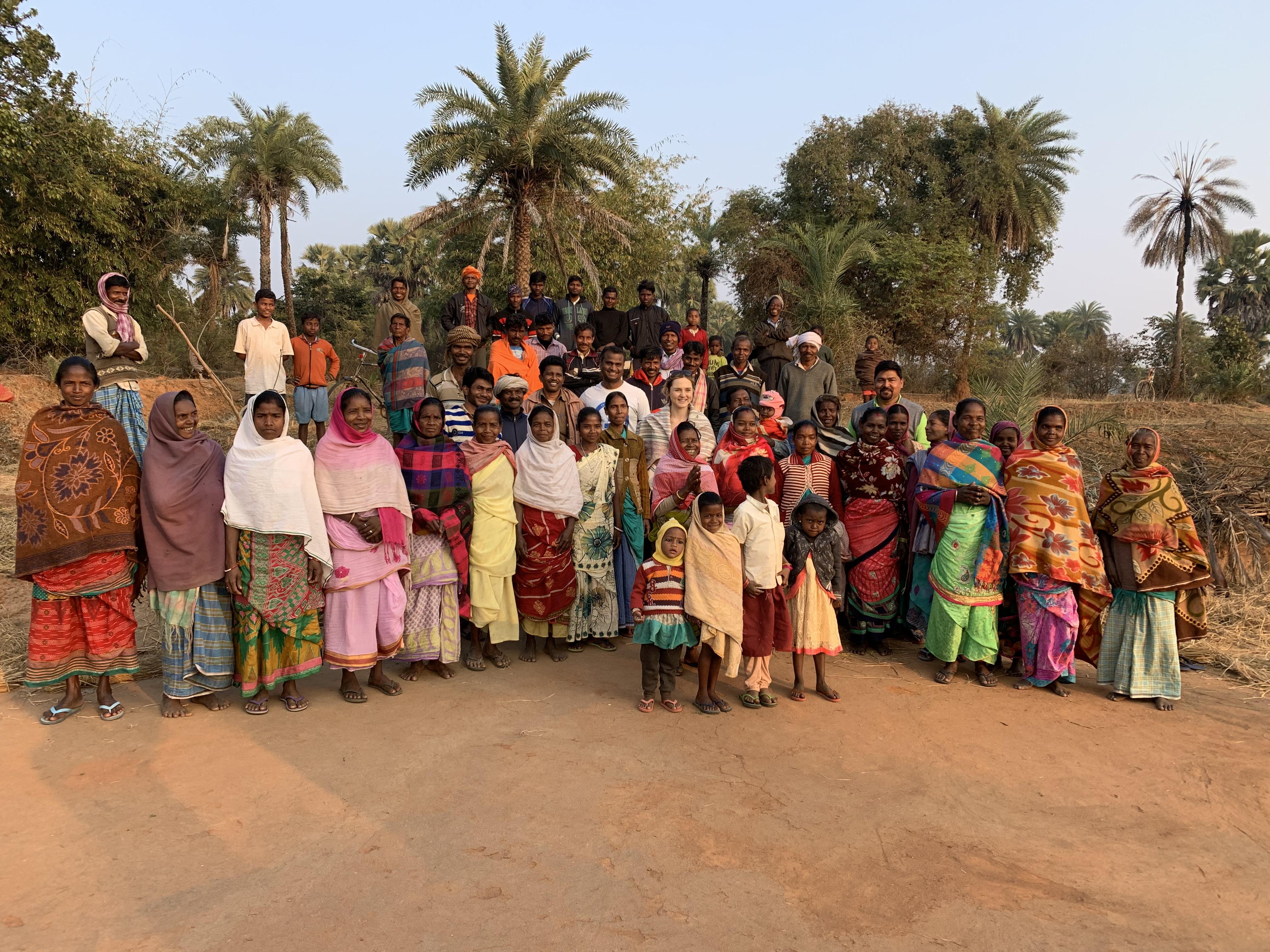
Submitted by K.L. Hlaba on Mon, 24/02/2020 - 13:38
To celebrate International Women's Day 2020, we're featuring the important work that female researchers do to help make our communities, countries and world more food secure. We're also highlighting the diverse ways that food security can be approached, how our researcher's view women's roles and visibility in research and innovation, and the interdisciplinary nature of their work. PhD student Charlotte Milbank is researching how wild foods can contribute to improved food security in northern Indian communities.
I am a PhD student researching 'wild foods' (which includes bushmeat, insects, wild fruits and vegetables) and how they can contribute to food security and nutritionally-diverse diets in forest-proximate communities in northern India. Before my PhD, I completed an undergraduate degree in Geography and an MPhil in Epidemiology. My PhD is transdisciplinary and draws upon both of these disciplines.
I decided to study this after working as a field assistant in Burkina Faso in 2017, and seeing the important role that wild foods played in these communities, with nutritional as well as economic and cultural value. There is a clear lack of evidence on the actual health effects of wild food consumption, and this was something I wanted to address in my PhD work.
My current research focuses on tribal groups in northern India, looking at the current patterns of use, knowledge, and beliefs around wild foods; the statistical associations between wild food types and health measures in the local population; and how alternative food security strategies might be developed based on locally available resources and cultural acceptability.
I am also a researcher on the Transforming India's Green Revolution by Research and Empowerment for Sustainable food Supplies (TIGR2ESS) programme, a partnership between the University of Cambridge and institutions in India, aimed at improving Indian crop science and food security. My work complements their vision and is important to food security given that mainstream agricultural policy has typically neglected the important role that wild foods can play in certain contexts. Policies instead have favoured the (mono-culture) production of staple crops like maize, wheat and rice, which are limited in important micro-nutrients and will be increasingly susceptible to the effects of climate change.
It is paramount that women are involved in scientific research: although we might like to think of science as universal, value-free and objective, scientific practice is inherently social, value-loaded, and context-specific. Therefore, who does the science matters. Given this, we must ensure that all people are represented in the scientific community, and their work appropriately disseminated. I have been very lucky in my academic career so far to have been supported and inspired by some incredible (male and female) supervisors. They have been fantastic role models to me, and have been endless sources of guidance and encouragement.
I have recently written several blog articles for TIGR2ESS and have my own website.
Please find Charlotte's profile on our website.
Photo provided by Charlotte Milbank. Charlotte (tenth from left, second row) in Godda village, Bihar in northern India, with women from the Santhal Pargana tribe, with whom she was mapping the use of locally consumed wild foods.

